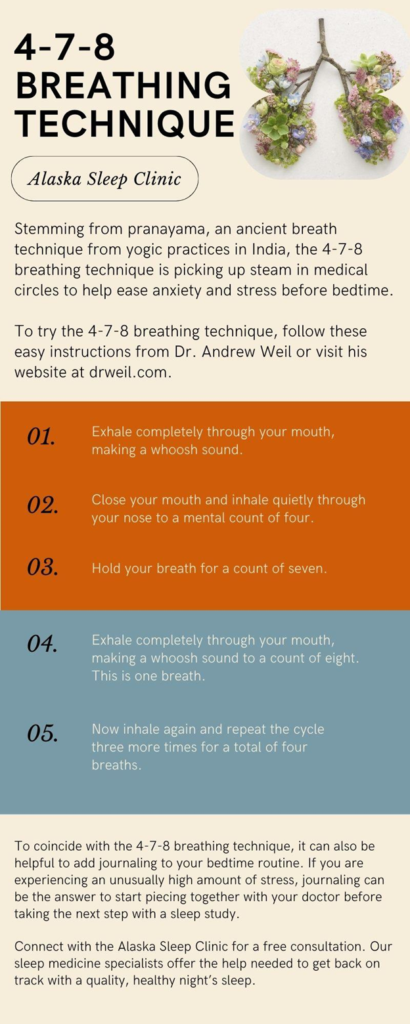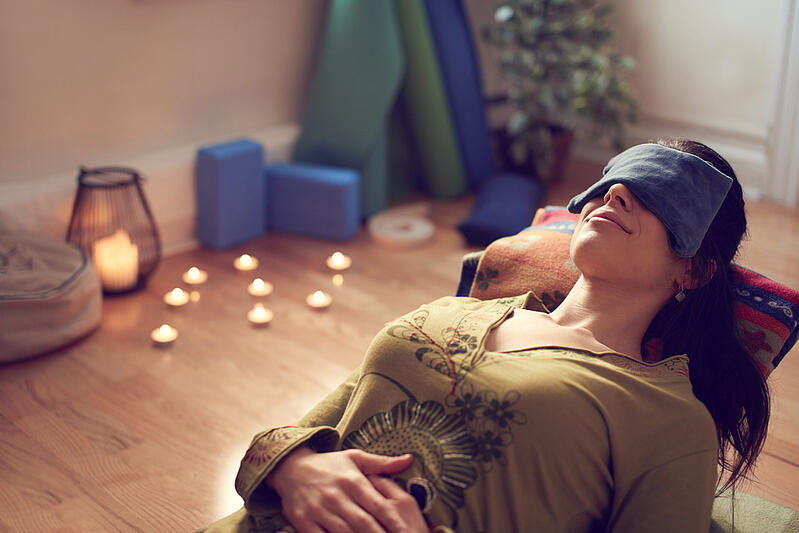The Anxiety and Depression Association of America reveals a concerning impact on anxiety and depression for those experiencing sleep deprivation. About 52 percent of men and 42 percent of women attribute an increase in anxiety to insufficient sleep, directly affecting their focus the next day.
The repercussions extend beyond mental health, affecting both social and work life, potentially leading to depression or exacerbating its symptoms. In the United States, where insomnia affects 50-70 million individuals, many more remain undiagnosed, often stemming from anxiety-induced emotional stress.
It’s crucial to understand the distinction between the quantity and quality of sleep. Quality sleep, characterized by excellence and distinctive attributes, is essential. Merely achieving a seven or eight-hour sleep cycle does not guarantee the necessary restoration and may result in a compromised sleep experience. This becomes particularly concerning given the widespread prevalence of insomnia in the population.












